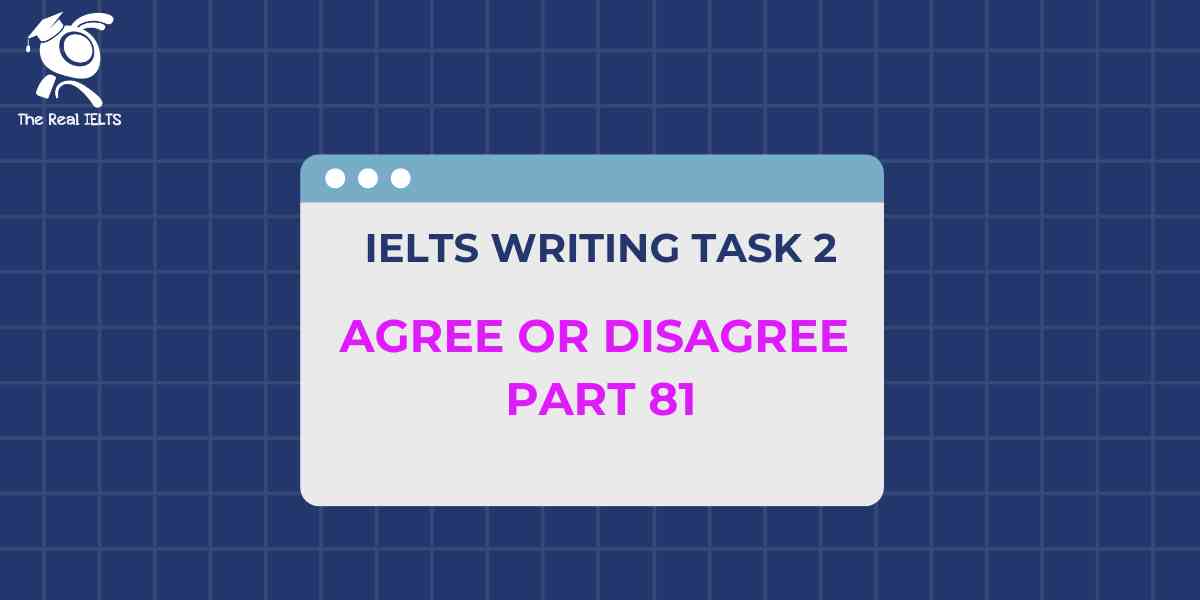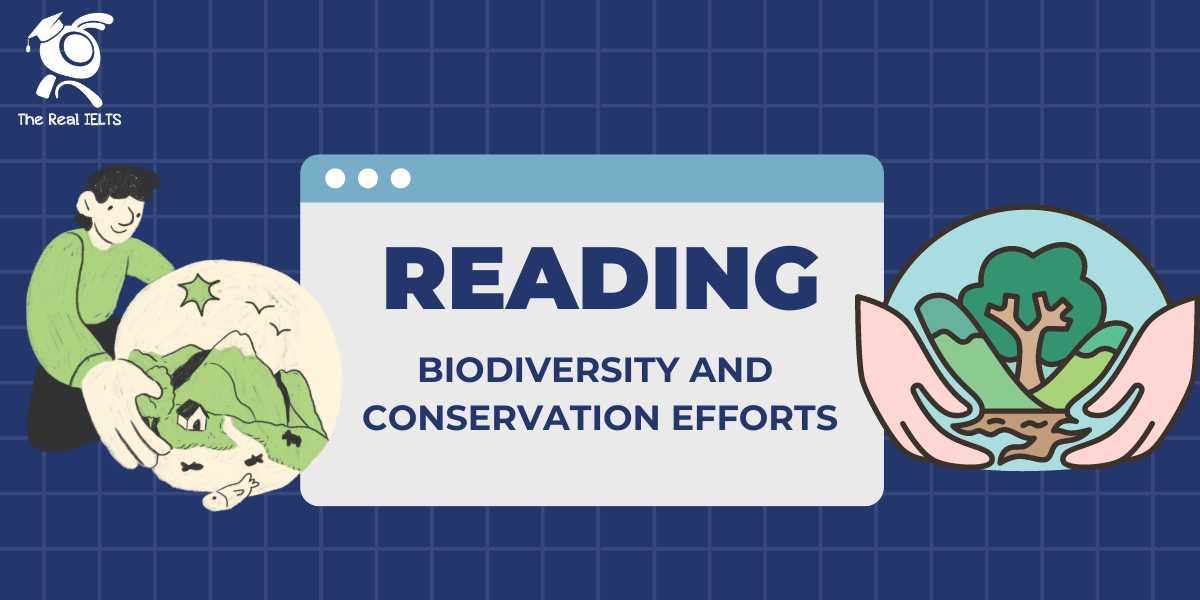Đề bài IELTS Writing Task 2 dạng Agree or Disagree Part 72:
You should spend about 40 minutes on this task
The government should provide financial support to stay-at-home parents. To what extent do you agree or disagree?
Write at least 250 words.
Giải mẫu IELTS Writing
In recent years, there has been a growing debate over whether governments should offer financial support to stay-at-home parents. This issue is multifaceted, with strong arguments both in favor and against such support. In my opinion, while there are clear benefits to providing financial assistance to stay-at-home parents, it should not be implemented unconditionally.
On the one hand, financial support for stay-at-home parents can be seen as a form of recognition and respect for the crucial role they play in raising the next generation. Parenting is a full-time job that requires immense dedication, patience, and effort. By providing financial assistance, the government acknowledges the value of this unpaid labor, which is essential for the development and well-being of children. Moreover, financial support can alleviate the economic burden on families, particularly those with single-income households or low-income families, thereby reducing child poverty and promoting social equity.
Furthermore, financial assistance can provide stay-at-home parents with greater flexibility and choices. It allows parents to make decisions based on what is best for their family without the constant pressure of economic constraints. This support can also lead to better outcomes for children, as parents can dedicate more time and resources to their upbringing, potentially resulting in better educational and social development.
However, there are also valid arguments against providing unconditional financial support to stay-at-home parents. One major concern is the potential for financial dependence on government aid, which could discourage parents from re-entering the workforce. This could have long-term negative effects on the economy, as it reduces the labor force participation rate and potentially limits the career prospects and earning potential of stay-at-home parents, particularly women.
Additionally, implementing such a policy would require substantial government funding, which could be challenging to sustain. The financial resources needed to support stay-at-home parents could be significant, and there is a risk that this might divert funds from other essential public services such as healthcare, education, and infrastructure. Therefore, a balance must be struck to ensure that financial support for stay-at-home parents does not come at the expense of other crucial areas.
In conclusion, while providing financial support to stay-at-home parents has its merits in recognizing their contributions and alleviating economic burdens, it should not be implemented without careful consideration of potential drawbacks. A balanced approach, perhaps involving conditional support based on specific criteria, could be a more sustainable and effective solution. This would ensure that the policy benefits those in genuine need while encouraging workforce participation and maintaining economic stability.
Cấu trúc ngữ pháp và cấu trúc câu
Thống kê cấu trúc câu và cấu trúc ngữ pháp:
- Câu phức:
- “In recent years, there has been a growing debate over whether governments should offer financial support to stay-at-home parents.”
- “By providing financial assistance, the government acknowledges the value of this unpaid labor, which is essential for the development and well-being of children.”
- Câu ghép:
- “On the one hand, financial support for stay-at-home parents can be seen as a form of recognition and respect for the crucial role they play in raising the next generation.”
- “This support can also lead to better outcomes for children, as parents can dedicate more time and resources to their upbringing, potentially resulting in better educational and social development.”
- Mệnh đề quan hệ:
- “…the government acknowledges the value of this unpaid labor, which is essential for the development and well-being of children.”
- “…the potential for financial dependence on government aid, which could discourage parents from re-entering the workforce.”
- Mệnh đề điều kiện:
- “If the government provides financial support to stay-at-home parents, it can alleviate economic burdens on families.”
- “If financial support is not carefully implemented, it could lead to long-term negative effects on the economy.”
- Cấu trúc bị động:
- “This issue is multifaceted, with strong arguments both in favor and against such support.”
- “Financial assistance can be provided to stay-at-home parents to give them greater flexibility and choices.”
- Cấu trúc so sánh:
- “…potentially resulting in better educational and social development.”
- “This would ensure that the policy benefits those in genuine need while encouraging workforce participation and maintaining economic stability.”
Từ kết nối các câu và các đoạn:
- On the one hand – Mở đầu đoạn trình bày lý do đồng ý
- Moreover – Liên kết ý bổ sung trong cùng đoạn
- Furthermore – Liên kết ý bổ sung trong cùng đoạn
- However – Mở đầu đoạn trình bày lý do phản đối
- Additionally – Liên kết ý bổ sung trong cùng đoạn
- Therefore – Kết luận ý của đoạn trước và dẫn dắt ý tiếp theo
- In conclusion – Mở đầu đoạn kết luận
Danh sách đầy đủ từ vựng và cụm từ kết nối:
- In recent years
- On the one hand
- By providing
- Moreover
- Furthermore
- However
- One major concern
- Additionally
- Therefore
- In conclusion
Các từ vựng tiếng Anh cần lưu ý trong bài viết
- Financial support – Hỗ trợ tài chính
- Stay-at-home parents – Cha mẹ ở nhà chăm con
- Recognition – Sự công nhận
- Respect – Sự tôn trọng
- Crucial role – Vai trò quan trọng
- Raising – Nuôi dưỡng
- Unpaid labor – Lao động không được trả lương
- Development – Sự phát triển
- Well-being – Sự hạnh phúc, sự khỏe mạnh
- Economic burden – Gánh nặng kinh tế
- Single-income households – Hộ gia đình có một nguồn thu nhập
- Low-income families – Gia đình thu nhập thấp
- Child poverty – Nghèo đói trẻ em
- Social equity – Công bằng xã hội
- Flexibility – Sự linh hoạt
- Choices – Sự lựa chọn
- Economic constraints – Hạn chế kinh tế
- Better outcomes – Kết quả tốt hơn
- Educational development – Sự phát triển giáo dục
- Social development – Sự phát triển xã hội
- Financial dependence – Sự phụ thuộc tài chính
- Government aid – Trợ cấp của chính phủ
- Labor force participation rate – Tỷ lệ tham gia lực lượng lao động
- Career prospects – Triển vọng nghề nghiệp
- Earning potential – Khả năng kiếm tiền
- Substantial government funding – Nguồn tài chính đáng kể của chính phủ
- Sustain – Duy trì
- Divert funds – Chuyển hướng nguồn tài trợ
- Essential public services – Các dịch vụ công cộng thiết yếu
- Healthcare – Chăm sóc sức khỏe
- Infrastructure – Cơ sở hạ tầng
- Drawbacks – Hạn chế
- Conditional support – Hỗ trợ có điều kiện
- Criteria – Tiêu chí
- Genuine need – Nhu cầu thực sự
- Workforce participation – Sự tham gia vào lực lượng lao động
- Economic stability – Sự ổn định kinh tế
Đọc thêm các bài Luyện Thi IELTS khác trong link nhé.















